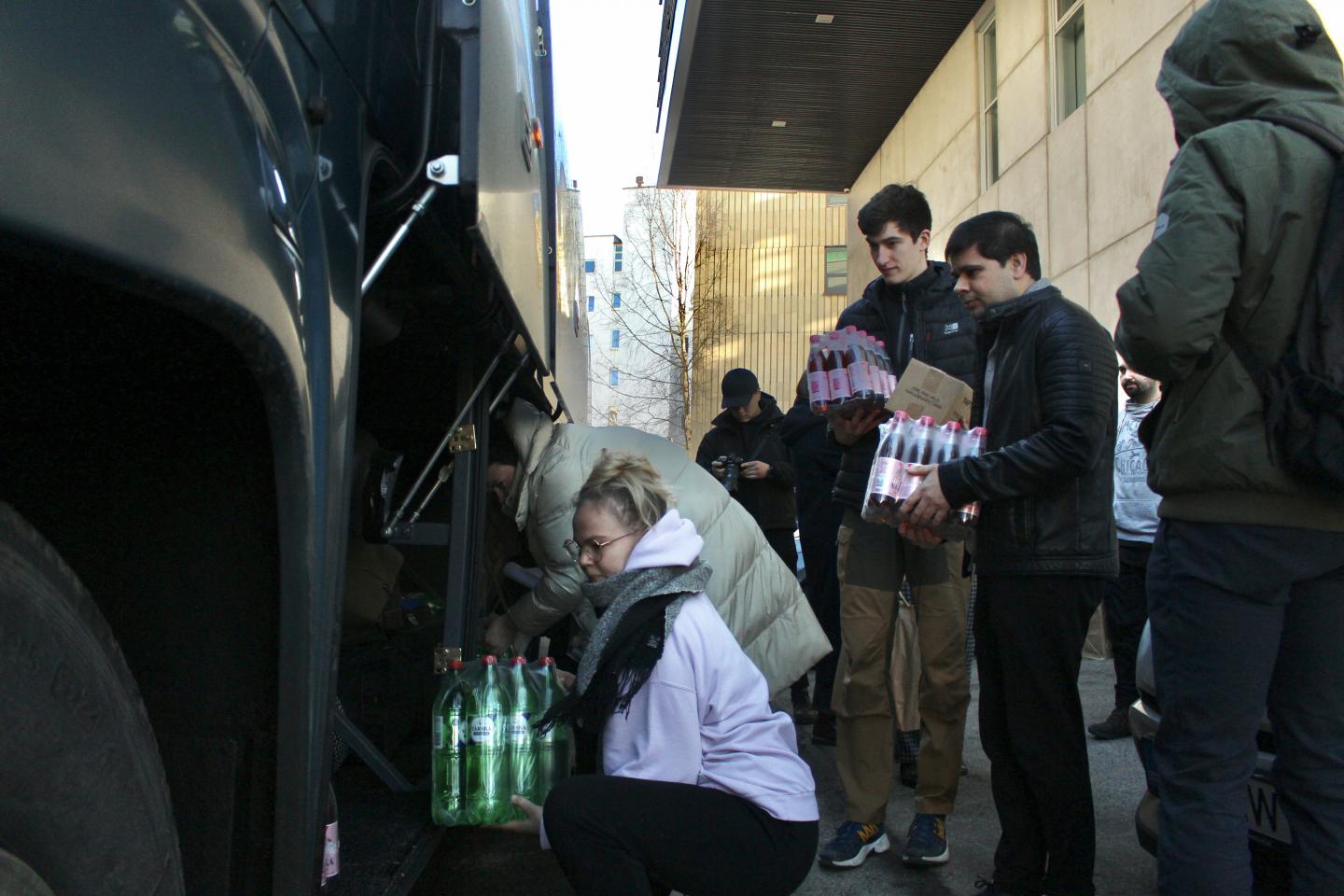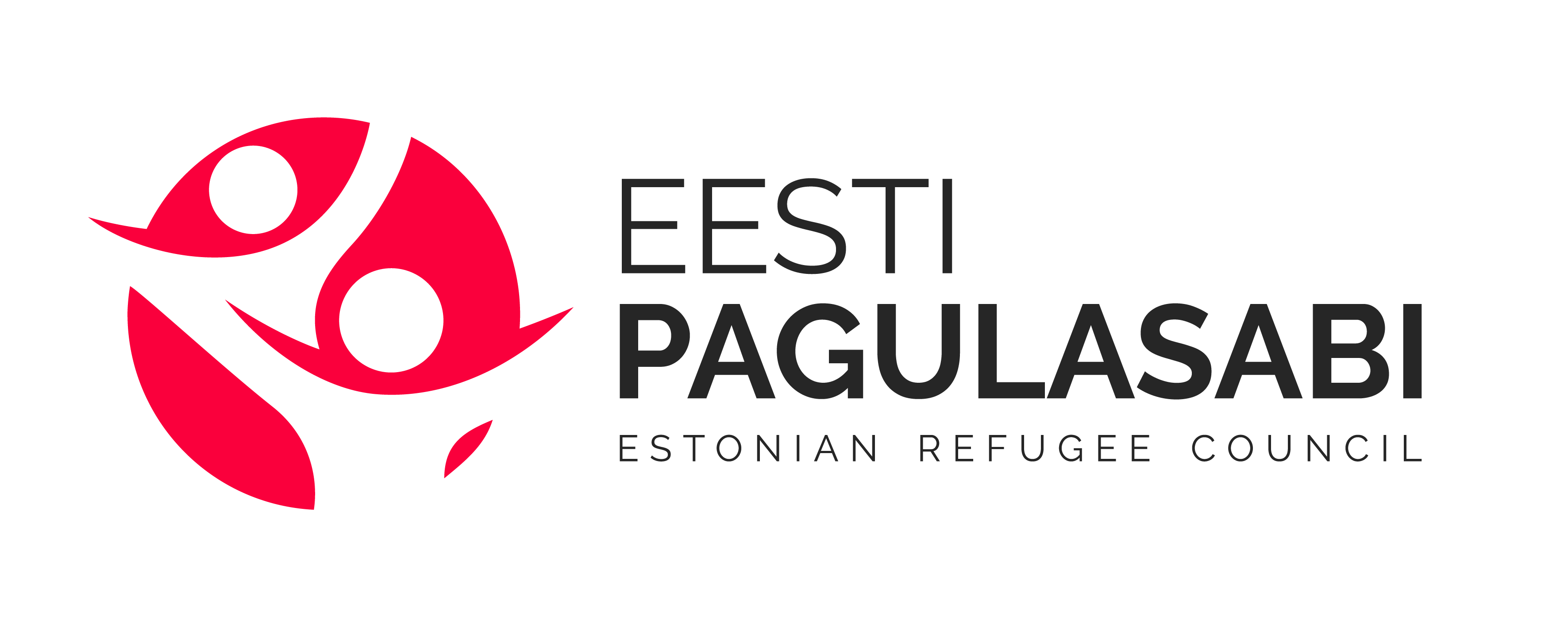
Helpers ABC
28.03.2022
The escalation of the war in Ukraine caused a sense of powerlessness for many, which in turn created a positive desire to donate and help. Unfortunately, not all crises end in a few weeks, months or years. Help is also needed when the initial shock is over. How to provide support and be able to do it today, tomorrow and in the future?
- Before you volunteer. To make sure your contribution goes to the right place, look for information about the activities and areas of different aid organizations. Try to figure out why you want to help and how your contribution would be most beneficial. Also, discuss your plans with loved ones so that the increased workload does not create tensions in your private life.
- Think about your energy. If you decide to volunteer in full force, you may have a dream and a goal to help war refugees on every front. However, when you really start working, it may turn out that not everything is moving as fast as you would like. That can create bafflement and powerlessness, but it's always worth asking why things are moving at this pace. Before you start, think about how much time and opportunity you have to contribute and find out if an organization or private initiative is already active in your area - if so, join the existing network!
- Act within your competence. In case of questions that are not within your competence - for example, psychological counselling, suspicion of human trafficking, unaccompanied minor, etc. - the case should be referred to a specialist in the respective field. For example, you can contact the national Victim Support, the local government, the police or ask the staff of the Estonian Refugee Council for advice.
- What happens if I don't contribute anymore? If you for example start a fundraising campaign, start running workshops at an accommodation centre or join an organization as a consultant, keep in mind that what you start should be sustainable. Think about whether what you are starting could work even if you can no longer or don’t have the energy to do it. Therefore, we recommend joining organizations where the involvement of volunteers has been well thought out, including the supporting and retaining of volunteers.
- Remember that every person, including a war refugee, is an expert of their own lives. A war refugee is an ordinary person in an unusual situation. We give people information and support so that they are safe and can achieve their goals, but each person makes their own decisions and choices. NB! Only share information from verified sources with refugees!
- Take care of yourself. Before you start, do some preliminary work and read the materials on how to be more supportive. Be aware of your own traumatic experiences and how they may affect your feelings and work. You can only help others if you keep yourself healthy and strong. Rest enough, drink water, eat varied food and find ways to relax. After a workday, take time to rest and reflect. If the experience makes you anxious, evokes unpleasant memories, or makes you feel nervous, restless or sad, seek support from a trusted person.
- If you want to quit volunteering. It is perfectly normal if there’s a need to pause or stop volunteering. In order for the organization or initiative to continue to operate when you leave, share your knowledge and experience with others. If possible, give instructions for completing your work, share important contacts and suggestions for the future.
Practical steps
- Help ensure safe housing for refugees. Initially it is important to provide housing for refugees as soon as they arrive in Estonia. If you want to offer temporary or permanent housing to refugees, enter the information here: OFFER HELP.
- Donate money. Although donating money may seem passive, it is through financial donations that aid organizations can work most effectively. Donations help to operate quickly and efficiently and to buy large quantities of essential goods that are needed by those in need at a lower price than retail prices.
- Donate high quality things. Organizations working with refugees need high-quality (used) clothing, toys, and furniture to support refugees with. Refugee Council itself does not collect things or food aid, our partners help us with that. Therefore, we encourage you to direct your donation to the right organization.
- Food aid can be donated to the Food Bank, which collects financial donations and groceries for refugees.
- Clothes, shoes and children's items can be donated to the Re-use Centre, which puts the collected items up for sale and lets people from Ukraine choose in the store what they need free of charge. You can also take clothes, shoes, children's items and hygiene products to the collection points of local governments, from where the necessary items are delivered directly to the refugees.
- Offer a job. Economic well-being helps war refugees to better adapt and feel more secure in times of anxiety. If you have a temporary or long-term work offer for war refugees, enter the information in the new web environment of the Estonian Unemployment Insurance Fund.
- Donate time. For the necessary products and information to reach refugees, people are also needed. If you want to contribute your time or skills, fill in the volunteer form.
- Other help. If a place of residence and financial security is ensured, refugees may also need help in managing their daily lives. If you feel that you can help war refugees with some other service (for example babysitting, free gym access, etc.), enter the information here.
- Companies and organizations. If your company or organization would like to collectively make a donation or offer support in another way, contact us directly at info@pagulasabi.ee.
